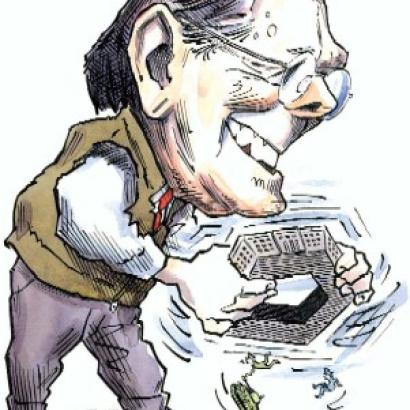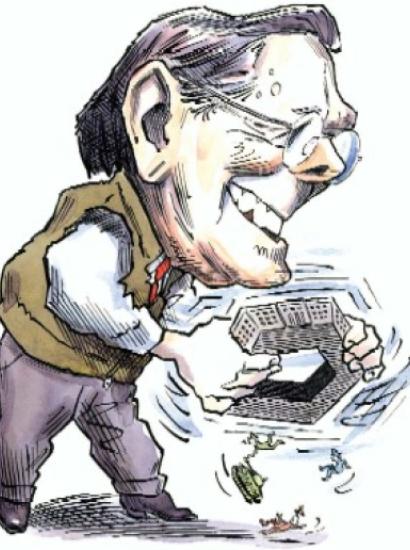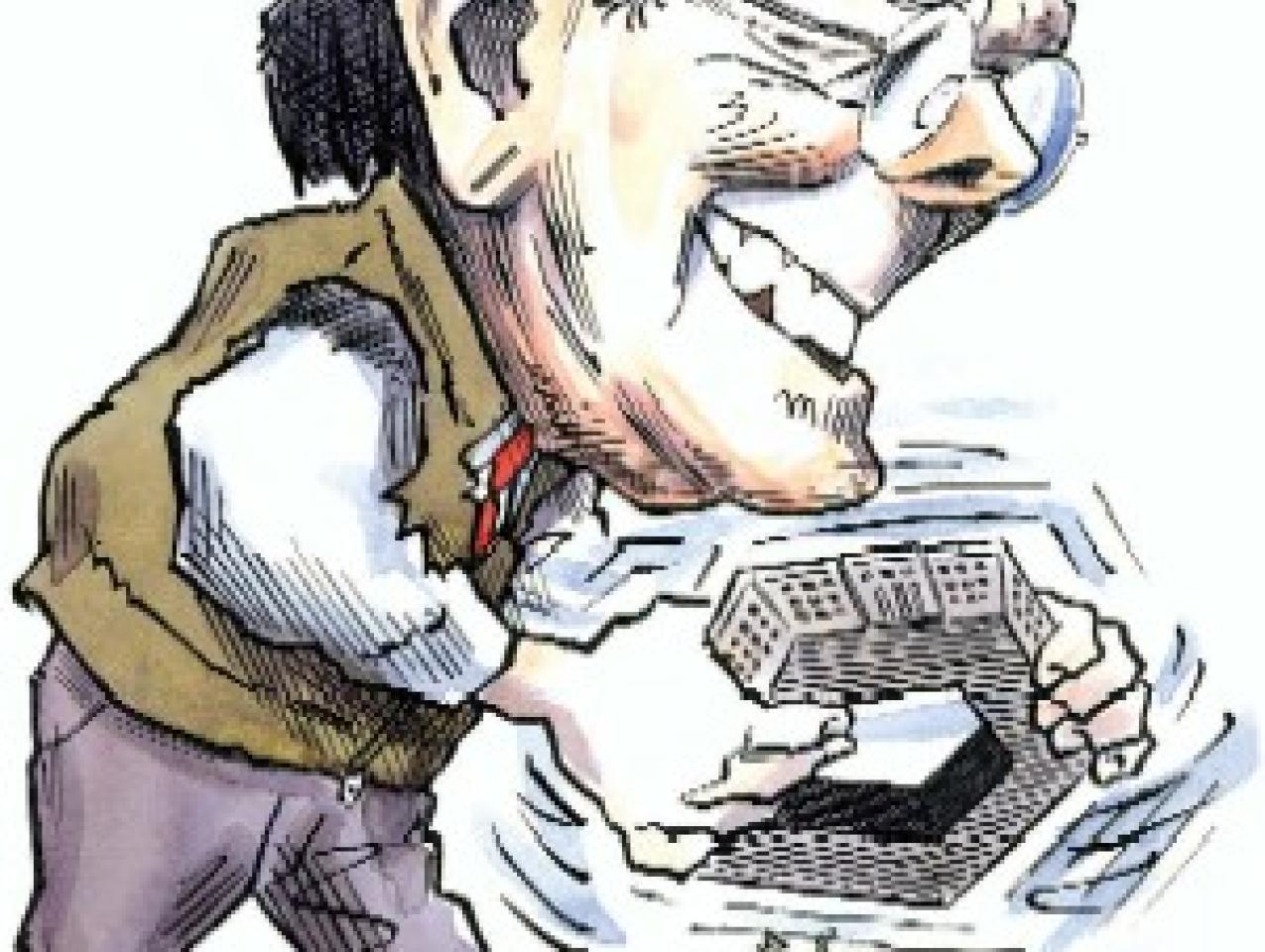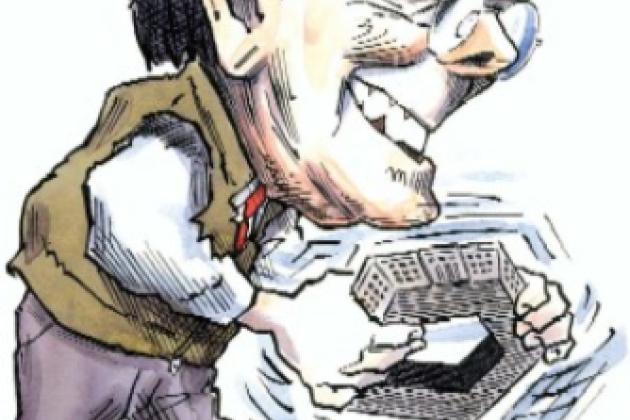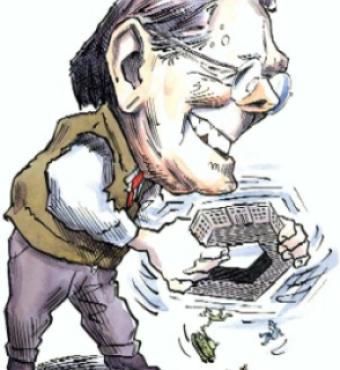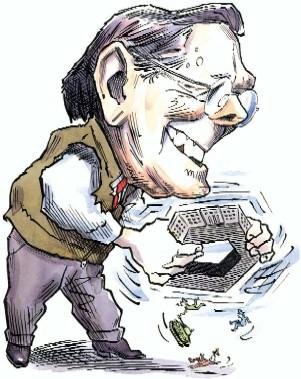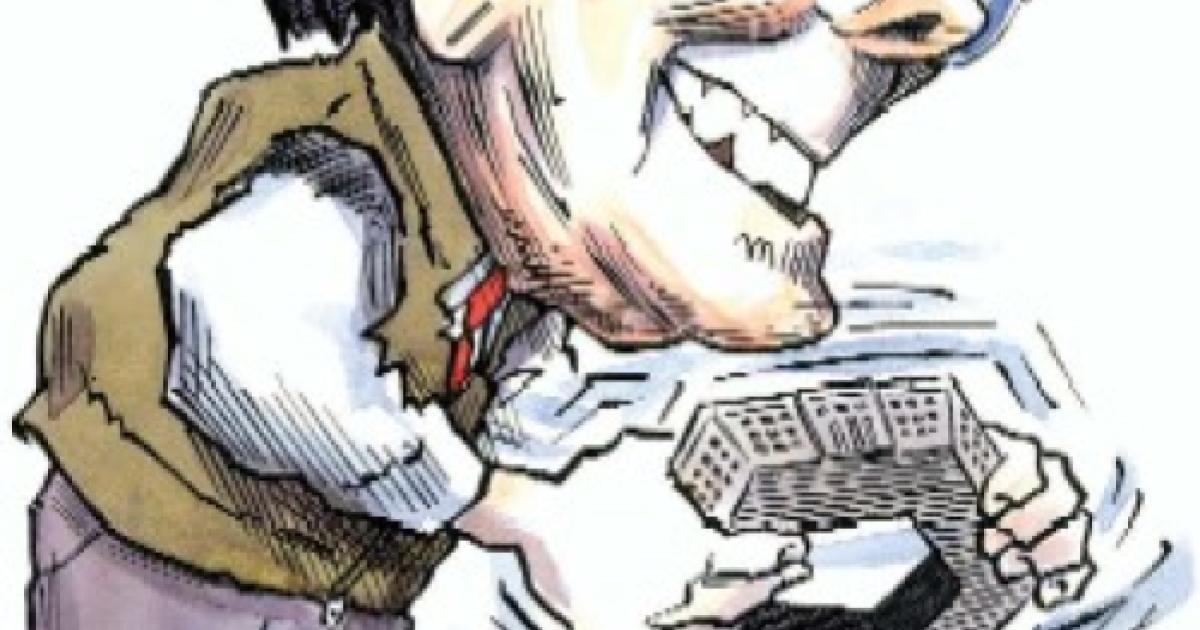- Security & Defense
- US Defense
Do you recall the exploits of U.S. Apache helicopters during the 1999 war in Kosovo? How the Apaches destroyed Serbian tanks, took out their command posts, and provided cover for the Kosovar refugees?
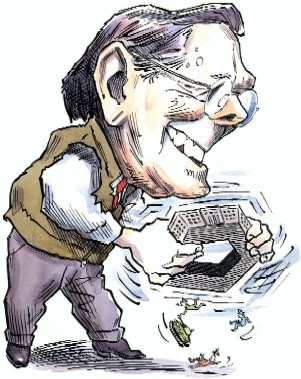
You don’t, because it never happened. NATO’s supreme allied commander, General Wesley Clark, wanted the helicopters. But Army standard procedures said that, to deploy two dozen helicopters, one needed no fewer than 5,350 personnel—plus their tanks, fighting vehicles, and missile launchers—for protection, security, and logistics.
It took two months to get everything into place. By then the war was over, won by a combination of U.S. bombing from the air and Albanian Kosovars fighting on the ground. The Apaches never got off a shot.
It’s worth recalling this to put Donald Rumsfeld’s resignation into perspective. Rumsfeld was determined to “transform” the U.S. military into a faster, more agile force. He wanted an organization that could get to the action in time and deal with unexpected, unfamiliar threats that today can pop up suddenly and almost anywhere.
If 9/11 had not happened, Rumsfeld would have been remembered mainly as a tough, somewhat arrogant, but mainly successful defense secretary who pushed the military services to develop this kind of force, accelerating a process that, in fact, began under his predecessors William Perry and William Cohen during the Clinton administration.
Military organizations are, by nature, conservative. The regimentation that makes them effective in war also makes them resistant to change. One reason for civilian leadership is to shake them up from time to time. That inevitably creates tension between top officers and civilian officials.
Rumsfeld questioned several weapons programs that, at least in the minds of many career officers, defined their organization, doctrine—and their own careers. Rumsfeld canceled some (like the Army’s Crusader artillery system), which still sticks in the craw of those who wanted them.
Yet both sides are simply playing their assigned roles. The process isn’t always pretty, but as in other American institutions that work under the principle of checks and balances, it has proven effective.
| Military organizations are, by nature, conservative. The regimentation that makes them effective in war also makes them resistant to change. One reason for civilian leadership is to shake them up from time to time. |
Similarly, if the war in Iraq had not happened, Rumsfeld’s record as a military leader would have been remembered for the war in Afghanistan, where many of his ideas proved effective beyond almost everyone’s expectations. Recall how many pundits in 2001 thought the United States would bog down in Afghanistan, as the Soviets had in the 1980s.
We didn’t, and a key reason was that we didn’t repeat the Soviets’ mistake of using a hundred thousand heavily armored (and easily targeted) conventional soldiers to occupy the country. Small, highly mobile teams using high-tech weapons and local allies defeated the Taliban in weeks, and our political goals (admitted or not) have been limited.
Alas, in Iraq, the objectives were more ambitious, and went beyond merely defeating Saddam.
Yet it wasn’t Rumsfeld’s failure to anticipate the Iraq insurgency that turned the public against him. The true reason is that Americans originally supported the war to eliminate Saddam because, after 9/11, they worried that someone might attack the United States again—this time with nuclear weapons. They might have even continued to support that war even as it cost thousands of casualties and hundreds of billions of dollars.
After it became clear Iraq had no weapons of mass destruction, however, the main goal of the war became—by default—remaking the Middle East. It also became clear that far fewer Americans are willing to bear the costs of a war for that objective.
But blaming Rumsfeld for the decision to go to war is wrong. Washingtonians (usually those on the losing end of an argument) are often apt to say, “If only the president would replace this official or that official, or just listen to me, policy would get back on track and everything would be OK.”
They confuse cause and effect. Officials—and the policies they favor—remain in place only as long as the president chooses to keep them. (Ask Paul O’Neill. Ask Colin Powell.) The policies you see are, plain and simple, the president’s policies.
And making the best of a bad situation in Iraq will require the acceptance of some tough decisions that will lead to some less-than-perfect solutions. The president will have a freer hand to make these decisions with a new set of faces. Besides, whoever is responsible for the current situation, the fact remains that the president has a fixed term; the secretary of defense does not.
| Both Pentagon and defense secretary are simply playing their assigned roles. It isn’t always pretty, but as in other American institutions that work under the principle of checks and balances, it often proves effective. |
So the Oval Office announcement of Rumsfeld’s replacement might have been one of those moments where everyone actually meant what he said. Take the president at his word when he said Rumsfeld was “a superb leader during a time of change.” You can also take him at his word that Rumsfeld, like the president, “appreciates the value of bringing in a fresh perspective during a critical period in this war.”








